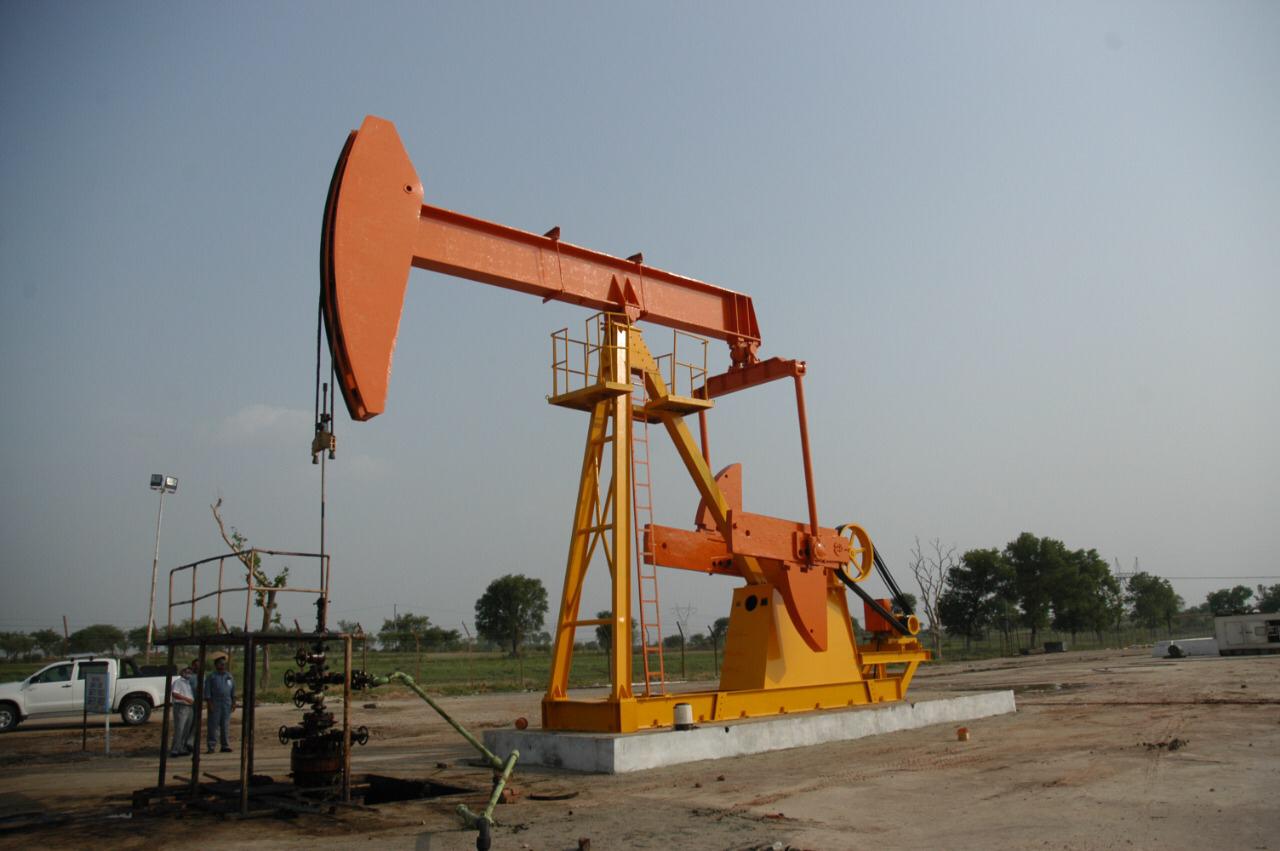LAHORE: In a sheer contrast to the Special Investment Facilitation Council’s decision aimed at making Pakistan’s oil and gas sector an attraction for the investors, A proposed framework for amendments in the Petroleum Policy 2012 is going to shy away potential investment from Pakistan. In the first, the proposed framework risks $ 5 billion investment in Pakistan’s oil and gas sector. It can also send a bad signal to investors and subsequently keep them away from investing in Pakistan.
Since investment in Pakistan’s oil and gas sector is drying up quickly, Special Investment Facilitation Council (SIFC) had taken a bold decision in March last, permitting exploration and production (E&P) companies to sell 35 % of their production to third party. SIFC’s decision was extremely important and E&Ps had taken it in good spirit and hinted at substantial investment in Pakistan’s oil and gas sector. Following SIFC decision, an E&P companies’ delegation had held a meeting with prime minister, Shahbaz Sharif, and promised to invest $ 5 billion in Pakistan’s oil and gas. Instead taking SIFC decision in letter and spirit, Energy Division has come up with a framework to spoil efforts to allure investment in Pakistan’s oil and gas sector. The proposed framework contradicts SIFC’s real spirit and apparently aimed at protecting the public sector utilities’ monopolistic approach. “The proposed framework is serving as a spoiler as it negates SIFC’s decision for attracting investment for E&P sector” said an industry source, The proposed framework rather than attracting investment for E&P sector carries a number of provisions which aim at serving for monopolistic purpose of public sector companies. The provision of the proposed framework to stagger sale of 35 % production to third party over seven years is enough to read out the mind behind the proposed framework. The proposed framework suggests that E&P companies will be allowed to sell 35% production to third party in phases. In FY 2024, E&Ps will be allowed to sell only 15 % of production to third party and this percentage will reach to 36 % by FY 2031. One wonders who is spoiling SIFC’s efforts and blocking potential investment of $ 5 billion in Pakistan’s oil and gas sector.
The experts call oil and gas sector as a golden sector which they believe can change luck of Pakistan and serve as a catalyst to attract investment in Pakistan. Keeping in view the significance of oil and gas sector SIFC after having threadbare discussion as to how Pakistan’s oil and gas sector could be made an attraction for investment took a key decision permitting E&P companies to sell 35 % of their production to third party. It was a good decision and could attract substantial investment for Pakistan‘s oil and gas sector. The Council of Common Interest (CCI) also endorsed SIFC’s decision. The basic purpose of offering E&P companies a window of selling 35 % of their gas production to third party was to make them feel that Pakistan was a good destination for investment in its oil and gas sector and they should avail this opportunity. Over the years, Pakistan’s oil and gas sector has lost attraction for investors. Seeing least incentives and policy irritants like time and again surge in taxes and abrupt changes in the policies, dozens of foreign E&Ps have already left Pakistan. In 80s almost every E&P had its presence in Pakistan and they were contributing to Pakistan’s E&P sector. Then the policy-makers changed their mind and started to take anti investment measures. The entire world is open for E&Ps and they invest in a country which offer them better incentives. There is urgent need to check who is spoiling SIFC’s efforts and taking those steps which will ultimately shy investment away from Pakistan’s oil and gas sector. Director General Petroleum Concessions (DGPC) has been transferred for presenting the proposal to SIFC for permitting E&Ps to sell 35 % gas production to third party.

